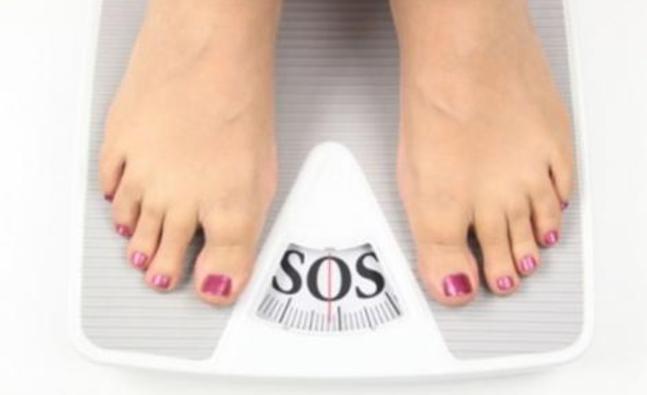Obesity: 8 reasons why we are getting fatter

Obesity is a global problem that is increasing everywhere, even though we have more knowledge about health issues now than ever before.
Someone would be regarded as obese if he/she has a BMI (Body Mass Index) of more than 30. To calculate your own BMI, use the following formula: (Weight in kgâs) divided by (height in metres squared). If you weigh 56 kg and you are 1.65m tall, it would therefore be 56 divided by (1.65 x 1.65), or 56 divided by 2.72, which is 20.6.
Most of us know that being obese gives rise to numerous health problems:
Psychological issues: such as low self-esteem, excessive guilt and even self-hatred may develop.
Social issues: although everyone likes to socialise and enjoys eating with friends, obesity is frowned upon by society; in one study it was indicated that people would marry dishonest people or even criminals rather than severely obese persons.
Physical aspects: these are the easiest to quantify and it is well known that obesity may lead to several health complications which may shorten life-span compared to people of near normal weight: heart disease, Type II diabetes, osteoporosis, certain types of cancer and many others.
Obesity is increasing, and some of the most prominent reasons for this may be:
1. Eating the wrong foods
Eating food prepared by fast-food restaurants, carbonated sugary drinks and sugary, high-fat snacks.
2. Ready-made meals
These often contain more fats and unnecessary additives that we would not add if we cooked from scratch.
3. Eating too much on a regular basis
... and not expending the same energy due to sedentary lifestyles. Bear in mind that to gain half a kilo per week, you would be eating 3 500 in calories (over & above your daily requirements) per week.
For instance, if you ate a nice big hamburger and fries (or something similar) a few times this week and flopped down on the couch after coming home from the office, where you sat in front of your computer most of the time, you have probably already gained that pound!
4. Salt in ready-made meals
Ready-made and junk foods usually contain more salt than what you would add to home-cooked meals, and salt may cause water retention and thus weight gain.
5. Lack of fibre
Fibre is also usually sorely lacking in fast food, and we need enough of it to keep our digestive systems healthy.
6. We simply donât move around enough anymore
Our lifestyles have changed a lot over the past few decades: most of us walk very little and our jobs require that we sit at a desk most of the time; the more rushed we become, the less time we have for exercise and although two or three hours a week at the gym helps, it cannot replace a lifestyle where more physical effort is required throughout the day.
7. Stress has become the new buzzword
It seems as if everyone is stressed out, too busy and nerves are frazzled as we try and cope with the demands of every day. This in itself is obviously not healthy, but it is also bad news if you battle with your weight â studies have shown that stress actually causes weight gain.
8. Finally, not enough sleep or poor quality sleep may also contribute to weight gain
We need to sleep well to feel good, to function efficiently and to maintain a healthy weight.
Take heart though, that small changes in your everyday life can make a big difference to weight loss and maintenance: being aware of how much and what you eat is the first step, and finding ways to become a bit more active in general will also go a long way in assisting you to maintain a healthy weight.
About the author:
Ilke Hay does weight and food counselling for individuals who wish to change the way they think about food and eating, in order to assist with permanent weight loss and maintenance.
Contact details
Website: www.weightcounselling.co.za
E-mail: [email protected]
Cell: 082 652 1823
-
Simple weight loss truths
-
Prevent Winter Weight Gain
The cooler weather isn’t exactly exercise-friendly, especially w
-
6 Superfoods for women: Eat these for health & weight loss
-
All carbs make you fat and other weight loss myths that you shouldnt believe
-
Avoid These Five Weight
Three or four weeks have passed since you started working on that ambi
-
4 Ways to Burn More Fat
This article was written by Lizzie Fuhr and repurposed with permission
- DON'T MISS
- Tired of your exercise regime?
- Does It Matter What Time You Eat If Youre Trying to Lose Weight?
- 3 Tips to make cake less fattening
- How to Turn Off Your Weight Gain Hormones
- Cortisol levels and abdominal fat
- Delicious ways to enjoy sweet potatoes
- 10 BEST SPICES FOR BOOSTING WEIGHT LOSS
- Diet vs exercise: which works faster?
- 2 Surprising things that may drop calories
- How to Turn Down Fatty Foods




